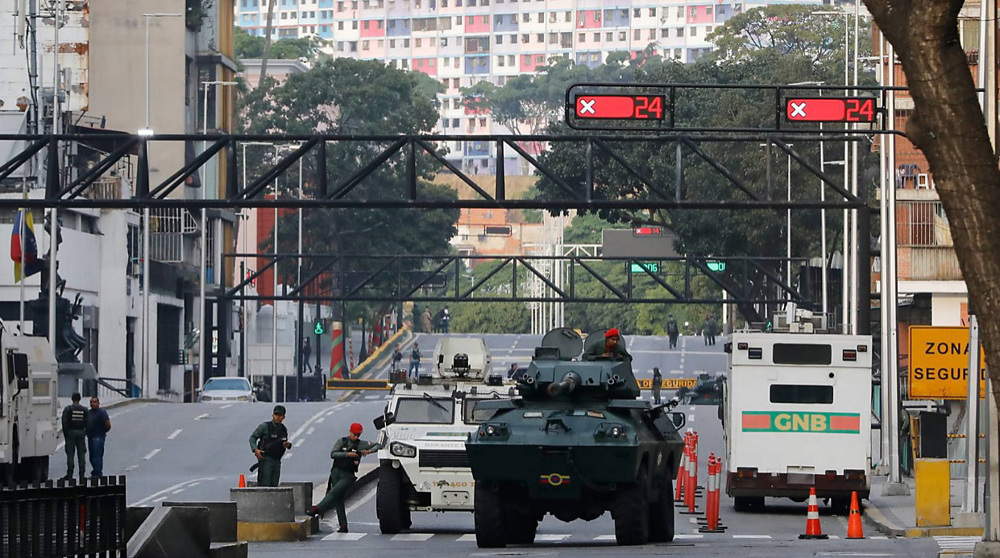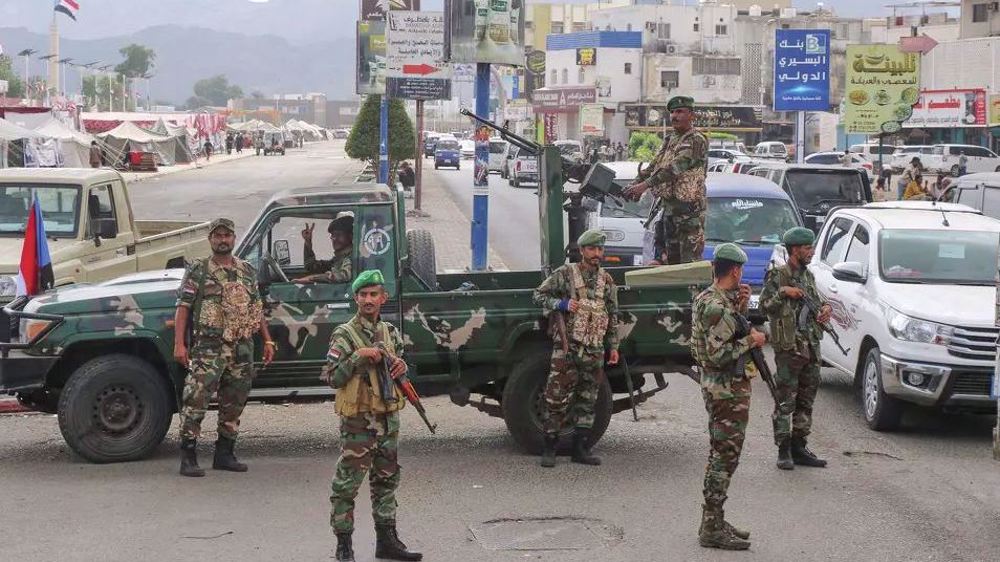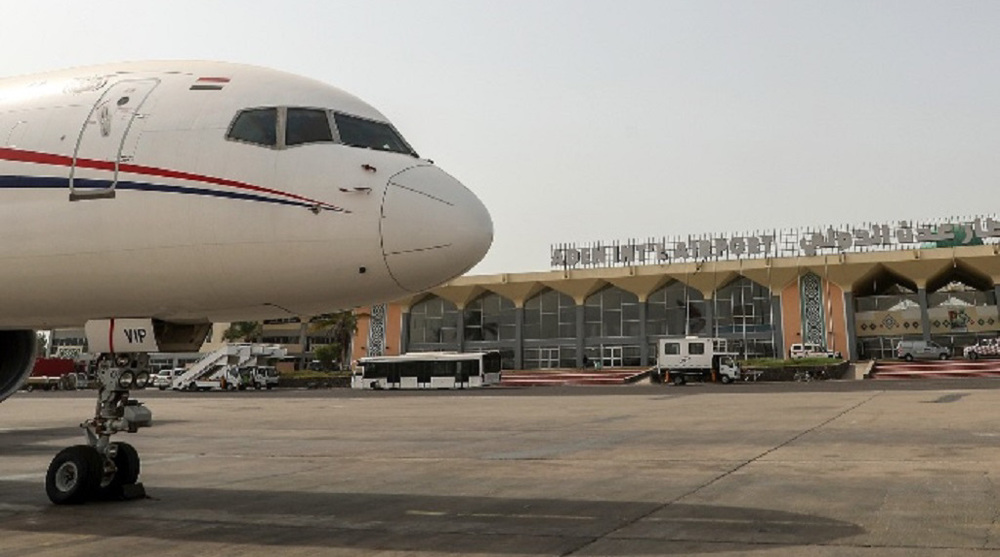Aid suspension in Yemen likely to start this week, warns UN food chief
The executive director of the United Nations World Food Programme has warned that the humanitarian situation in Yemen is deteriorating due to a diversion of aid and clashes between Houthi Ansarullah fighters and militiamen loyal to Yemen's former president Abd Rabbuh Mansur Hadi.
“Violence has also been remarkably consistent. Fighting may decrease in one area – as we’ve seen recently in Hudaydah with the Stockholm Agreement – only to mushroom elsewhere, as we’re seeing right now in Dhale, Hajjah and Ta'izz,” David Beasley told the UN Security Council on Monday.
Beasley added, “Today there are more than 30 active front lines in Yemen – more than enough to absorb fighters redeploying from quieter areas… Yemen is getting more violent, not less. The conflict is getting worse, not better. Fighting this year has displaced more than 250,000 people. The number of incidents killing or injuring children more than tripled between the last quarter of 2018 and the first quarter of this year.”

“Today, the number of people who need assistance is 50 percent higher than before the war. For the first time this year, assessments confirm pockets of famine-like conditions in dozens of places across Yemen,” he said, adding that the fighting has resulted in “damage and destruction, the immiseration of a nation, and the fracturing and fragmentation of its society” and “the world’s worst humanitarian tragedy.”
Beasley warned that “as conflict continues, underlying conditions keep deteriorating” and called for an immediate ceasefire between the warring sides.
“First, I said we needed an immediate ceasefire across the country. We needed to silence the guns and ground the war planes. Yes, there has been a reduction in violence in Hudaydah since December, but this has been essentially offset by escalating conflict elsewhere. Enough is enough,” he said.

“Second, we need all parties to facilitate rapid and unimpeded humanitarian access – as required, again, by international humanitarian law. More than 5 million people who need help, including 3.8 million people in acute need, live in 75 districts that are hard to reach because of bureaucratic impediments, insecurity or logistical constraints,” he pointed out.
"If we do not receive these assurances then we will begin a phased suspension of food assistance, most likely toward the end of this week. If and when we do initiate suspension we will continue our nutrition program for malnourished children, pregnant women and new mothers," Beasley said.Meanwhile, UN Emergency Relief Coordinator said food, fuel and medicine imports have declined sharply since the beginning of the Saudi war on Yemen more than four years ago.
Meanwhile, UN Emergency Relief Coordinator Mark Lowcock said food, fuel and medicine imports have declined sharply since the beginning of the Saudi war on Yemen more than four years ago.
Lowcock added that the devaluation of Yemen’s currency has affected the people’s livelihood and urged all parties to help establish peace in the conflict-ridden Arab country.

Saudi Arabia and a number of its regional allies launched a devastating campaign against Yemen in March 2015, with the goal of bringing the government of Hadi back to power and crushing the Houthi Ansarullah movement.
The US-based Armed Conflict Location and Event Data Project (ACLED), a nonprofit conflict-research organization, estimates that the Saudi-led war has claimed the lives of over 60,000 Yemenis since January 2016.
The war has also taken a heavy toll on the country’s infrastructure, destroying hospitals, schools, and factories. The UN says over 24 million Yemenis are in dire need of humanitarian aid, including 10 million suffering from extreme levels of hunger.
Sanctions slow Iran’s 5G expansion despite growth in network rollout
VIDEO | Chinese, South Korean presidents hold summit amid global outcry against US
Israel pushes to keep Gaza closed to foreign media
VIDEO | Militant escape and assassination attempt signal worsening security in eastern Yemen
Over 40 candidates register to compete for Iraq's presidency
HTS and Israeli officials meet in Paris for talks amid attacks on Syria
Trump’s ‘peace through strength’ means ‘law of jungle’: Iran FM
Iran restores gas production at refinery damaged in Israeli aggression



















 This makes it easy to access the Press TV website
This makes it easy to access the Press TV website